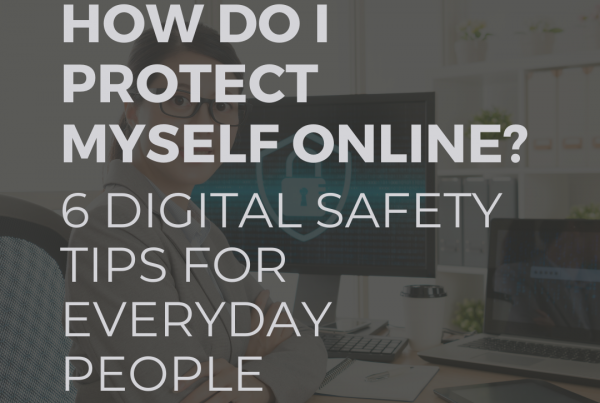 In late January, the European Commission published a proposal “on the protection of individuals with regard to the processing of personal data.” The proposal does not differ all that much from the existing European approach to data collected by businesses about people. The principles are the same: get permission from individuals before you collect information about them, tell them what the information will be used for, only collect what you need, only keep it for as long as you need to, protect the information properly and do not give the information to someone who will not protect it.
In late January, the European Commission published a proposal “on the protection of individuals with regard to the processing of personal data.” The proposal does not differ all that much from the existing European approach to data collected by businesses about people. The principles are the same: get permission from individuals before you collect information about them, tell them what the information will be used for, only collect what you need, only keep it for as long as you need to, protect the information properly and do not give the information to someone who will not protect it.
One apparent major addition, the right to be forgotten, is, in part, a clarification of the idea that since you have to have permission to collect information about someone, if they withdraw that permission you need to delete what information you have collected. It is hard to tell exactly how the nine paragraphs in Article 17 that describe the right to be forgotten will be interpreted when it comes to third parties such as search engines that just report on what information is out there. It is also hard to predict how these rules will be interpreted when it comes to public information such as criminal convictions. It seems like it would be a really bad idea to let someone erase that kind of history.
Even if the proposals are accepted as-is, it will be at least two years before they could go into effect, so there is no immediate concern, other than the concern that U.S. companies should already have about the existing EU privacy rules.
In Europe you, in theory, have the say on who collects information about you and your actions and what they do with that information. There is no such assumption in the United States. Here companies can collect any information they can get their hands on and use it in any way they want. About the only restriction is that the company has to be truthful in anything they say about what they collect and what they do with it. Being anything but truthful can be seen as an unfair business practice by the Federal Trade Commission.
If you are a small player on the Internet scene you may not have to worry all that much about these proposed rules since it is unlikely that the European Union will come after you, but the big companies, such as Google, are paying attention. Hopefully in the next two years this law will become effective in an effort to fight to save your personal information.
Most companies know of this law because most companies know what is happening in Europe and what will follow suit here in the United States.
Companies, such as the ones you hire or pay, are systematically saving all your private information. They also go so far as to demand your driver’s license, social security, and your date of birth. Medical offices are asking for a photocopy of your driver’s license. Resist. Don’t give it to them. With a driver’s license alone, your complete identification is available including your social security number.
Upon further checking with a medical insurance company regarding the information the medical facility demanded, their response was they have all a patient’s identification and there is not any need to be collected again. Patients are to just produce your medical ID member card and if there was a question about your identity, show a government picture identification while holding it in your own hand and not giving it to them to copy. We’re sure each medical office will have their own policy on patient information collection, however, we encourage you to fight for your privacy. Don’t give up your identification and personal information too easily.
Some of the social applications on the internet and other places ask for certain information and we all give it up without question. Opt out of your location on these sites and be careful.
What about when you are filling out an online form and they are requiring certain information that you do not want to give? Just don’t comply. Sometimes what you are attempting to get, under second thought, maybe you could do without.
To protect your information try ‘Do Not Track Plus” by Abine.com. This online privacy company works well so far when tested.
Spies, and all other interested people put together, are mapping this strategy. That is, let businesses/government institutions/social networks, do all the data collecting for now before the laws change. Then whenever private and personal information on someone is wanted, spies can hack into the so-called “safe storage,” and take what is needed.
Don’t wait until laws are in place, protect your privacy now.
reference: Computerworld.com


